Introduction
The Symptom Checklist-90-Revised (SCL-90-R), developed by Leonard R. Derogatis, PhD, is a widely recognized self-report questionnaire designed to assess a broad range of psychological and psychiatric symptoms. First published in 1994 by Pearson Assessments US, it has earned approximately 1,500 citations on Google Scholar, underscoring its significance in mental health research and clinical practice. Consequently, its comprehensive evaluation of nine symptom dimensions makes it invaluable for researchers and clinicians.
This article explores the SCL-90-R’s structure, applications, and clinical utility, providing actionable insights for professionals in psychology and psychiatry.
Key Features of the Symptom Checklist-90-Revised (SCL-90-R)
Purpose and Use
The SCL-90-R measures the impact of psychological distress, focusing on a range of symptoms such as depression, anxiety, and somatization. Clinicians use it to assess symptom severity, guide treatment decisions, and evaluate patient progress. Moreover, researchers employ it in clinical trials and epidemiological studies to explore mental health trends. For example, its emphasis on symptom diversity helps tailor interventions, making it a cornerstone in psychological assessment.
Target Population
The SCL-90-R targets individuals aged 13 and older, including:
- Adolescents (13–17 years)
- Young Adults (18–24 years)
- Middle-Aged Adults (25–44 years)
- Older Adults (45–64 years)
- Seniors (65+ years)
Thus, it suits diverse clinical and research settings, particularly for those with suspected psychological distress.
Questionnaire Details
The SCL-90-R comprises 90 items covering nine primary symptom dimensions under the domain of Mental Health/Personality and Biopsychosocial:
- Somatization: Distress related to physiological experiences.
- Obsessive-Compulsive: Intrusive thoughts and compulsive behaviors.
- Interpersonal Sensitivity: Feelings of inadequacy in relationships.
- Depression: Low mood and lack of meaning.
- Anxiety: Symptoms of tension and anxiousness.
- Hostility: Aggressiveness toward others.
- Phobic Anxiety: Fears tied to specific stimuli.
- Paranoid Ideation: Persecutory thoughts and projections.
- Psychoticism: Behaviors related to psychosis or schizophrenia.
Each item uses a 5-point Likert scale (0 = not at all, 4 = extremely), ensuring a comprehensive assessment of psychological functioning.
Scoring Method
The SCL-90-R employs a 5-point Likert scale, with each item scored from 0 (not at all) to 4 (extremely), yielding a total score range of 0 to 360.
Administration Format
The SCL-90-R takes approximately 10–15 minutes to complete, making it feasible for clinical settings. Healthcare teams can administer it via:
- Paper-based formats
- Digital (online) platforms
- Interview (In-person)
Applications of the Symptom Checklist-90-Revised (SCL-90-R)
The SCL-90-R offers significant value in clinical and research contexts:
- Screening: Identifies patients with psychological distress, flagging the need for intervention.
- Monitoring: Tracks symptom progression during therapy or clinical trials.
- Treatment Planning: Informs tailored interventions based on symptom profiles.
- Research: Facilitates studies on psychological disorders, advancing evidence-based practices.
For example, a psychiatrist might use high depression scores to prioritize therapy, while researchers analyze hostility trends in population studies.
Languages and Availability
To support global use, the SCL-90-R is available in multiple languages, including:
- Arabic
- English
- Spanish
- French
- German
- Japanese
- Italian
- Dutch
This multilingual accessibility enhances its utility in diverse populations, making it a versatile tool for international research
Its proprietary nature, managed by Pearson Assessments, requires permission and potential payment for use. For inquiries, contact Pearson Assessments.
Reliability and Validity
The SCL-90-R demonstrates high reliability and validity,with Cronbach’s alpha value of 0.80, indicating strong internal consistency. Studies confirm its robust psychometric properties across diverse populations (Gomez et al., 2021). Additionally, Its sensitivity to changes in symptom severity makes it ideal for monitoring treatment outcomes. However, some studies question its factor structure, suggesting it may emphasize a singular distress factor rather than distinct dimensions. Despite this, its widespread use confirms its robustness in clinical and research settings.
Limitations and Considerations
Despite its strengths, the SCL-90-R has a few limitations:
- Cultural Bias: Responses may be influenced by social desirability bias or personal interpretation.
- Length: The 90-item format may feel lengthy for some patients.
- Not a Diagnostic Tool: It assesses general distress rather than specific mental health conditions.
- Narrow Focus: It covers limited domains, potentially missing other psychological aspects.
- Age Restrictions: It is not suitable for children under 13 years.
Other Versions and Related Questionnaires
The SCL-90-R complements other tools, including:
- Global Severity Index (GSI): Measures overall psychological distress.
- Positive Symptom Distress Index (PSDI): Assesses symptom intensity.
- Positive Symptom Total (PST): Counts self-reported symptoms.
Additionally, the original Symptom Checklist-90 (SCL-90) serves as an earlier version of the questionnaire.
Additional Resources
- Original Validation Study Study link
- Access the SCL-90-R as a PDF
Further Validation Studies:
- Japanese version: study link
- German version: study link
- For inquiries, contact Pearson Assessments
- For additional SCL-90-R resources, consult Pearson Assessments
Frequently Asked Questions (FAQ)
- Who can use the SCL-90-R?
Clinicians, researchers, and healthcare providers use the SCL-90-R for individuals aged 13 and older with psychological symptoms. - How long does it take to complete the SCL-90-R?
Patients typically complete the SCL-90-R in 10–15 minutes, suitable for clinical and research settings. - How is the SCL-90-R administered?
Healthcare teams administer it via paper-based, digital, or mobile app formats, offering flexibility. - Is there any cost to using the SCL-90-R?
The SCL-90-R is proprietary, requiring permission and potential payment from Pearson Assessments for use.
A word from ResRef about The Symptom Checklist-90-Revised (SCL-90-R)
The Symptom Checklist-90-Revised (SCL-90-R) is widely recognized as a valid and reliable instrument for assessing psychological distress and screening for mental health disorders, demonstrating reliability across diverse populations. Nevertheless, some studies have raised concerns about its factor structure, arguing that it may focus on a singular factor instead of distinct dimensions. Additionally, this tool is mainly utilized to evaluate general psychological distress rather than specific mental health conditions, owing to its limited ability to differentiate between various clinical diagnoses.
References
- Derogatis, L. R., & Cleary, P. A. (1977). Confirmation of the dimensional structure of the SCL-90: A study in construct validation. Journal of Clinical Psychology, 33(4), 981–989 link
- Derogatis, L. R., Rickels, K., & Rock, A. F. (1976). The SCL-90 and the MMPI: A step in the validation of a new self-report scale. British Journal of Psychiatry, 128(3), 280–289. link
- Gomez, R., Stavropoulos, V., Zarate, D., & Palikara, O. (2021). Symptom Checklist-90-Revised: A structural examination in relation to family functioning. PloS One, 16(3), e0247902. link
- Tomioka, M., Shimura, M., Hidaka, M. et al. The reliability and validity of a Japanese version of symptom checklist 90 revised. BioPsychoSocial Med 2, 19 (2008).link
- Schmitz, N., Hartkamp, N., Kiuse, J. et al. The Symptom Check-List-90-R (SCL-90-R): A German validation study. Qual Life Res 9, 185–193 (2000). link


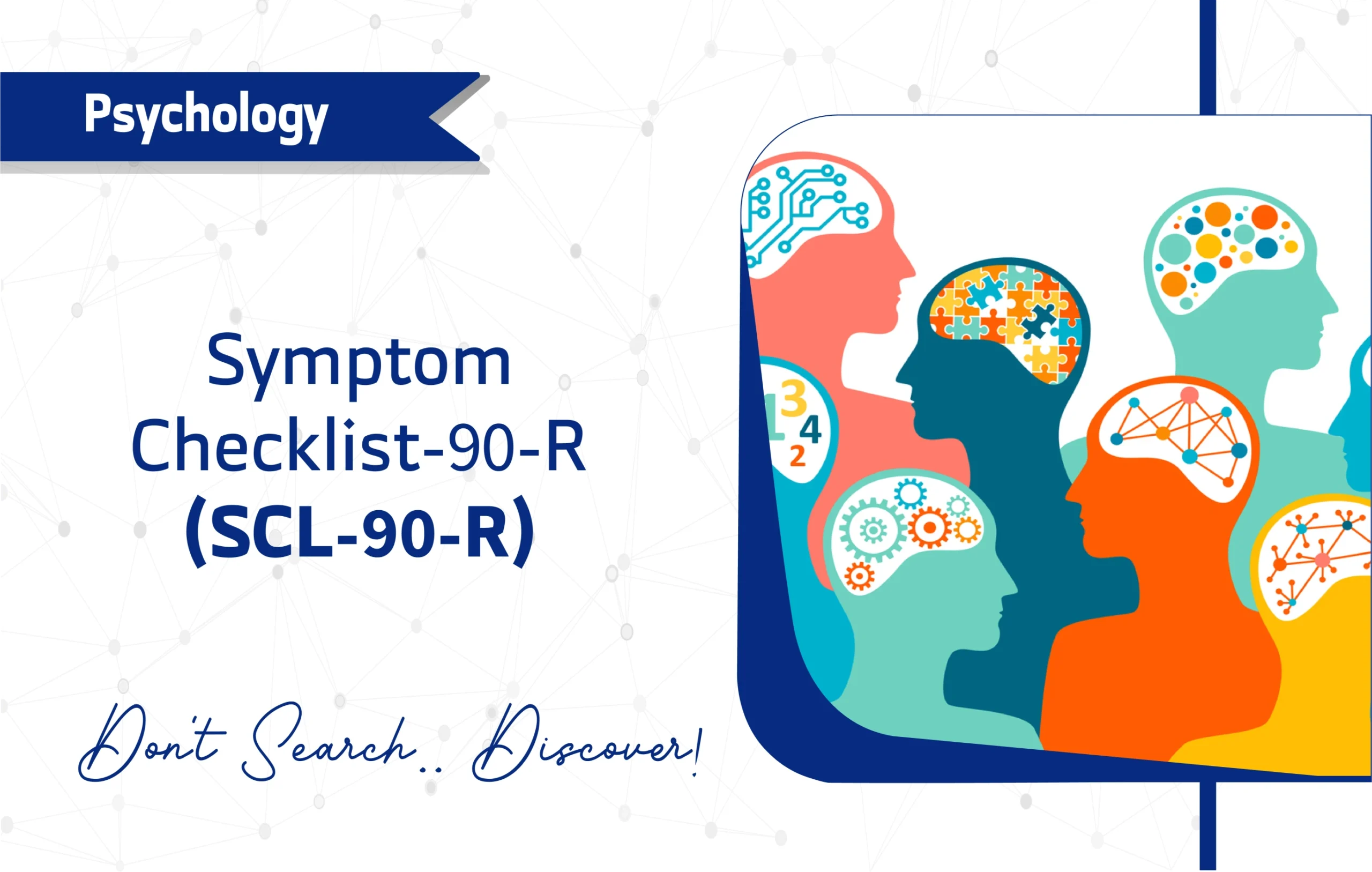
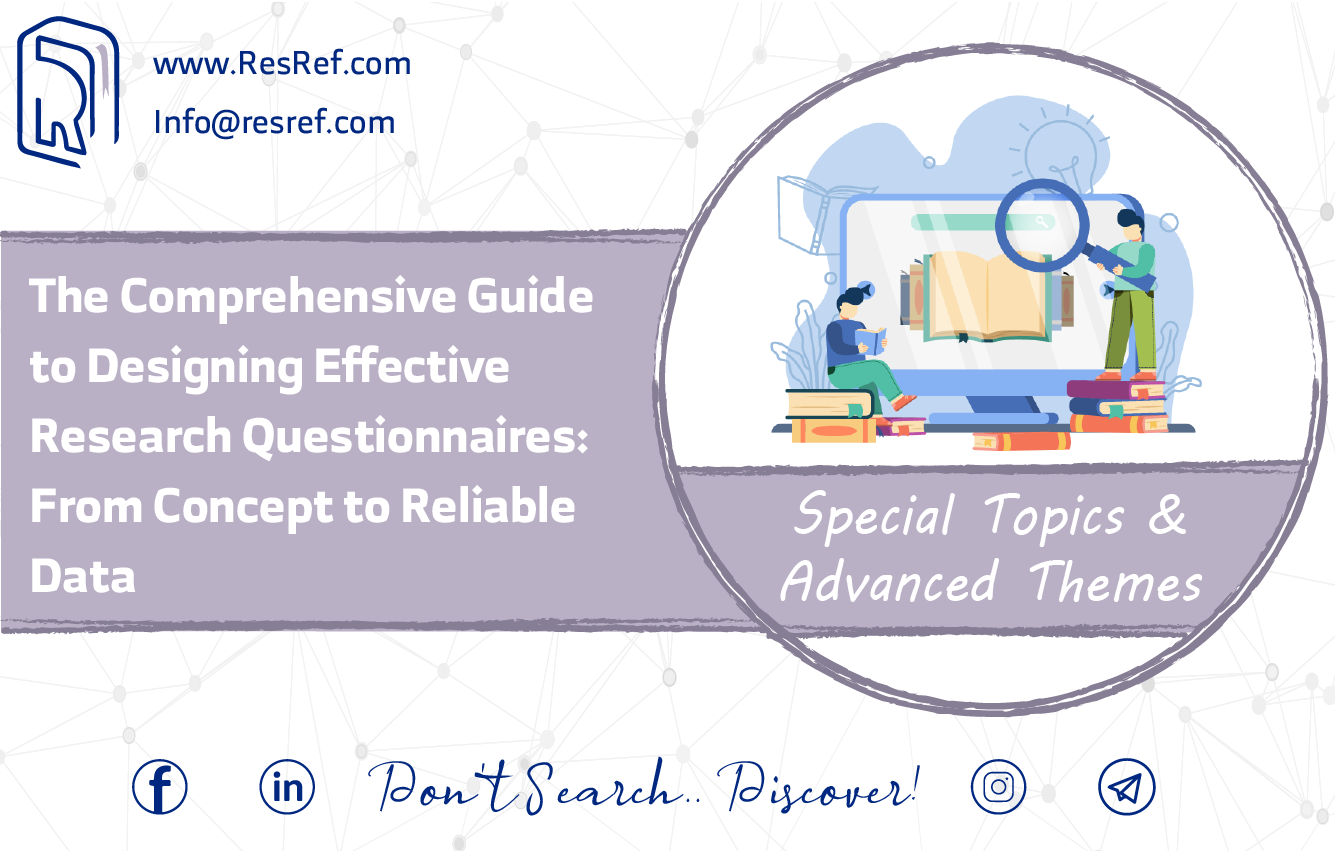

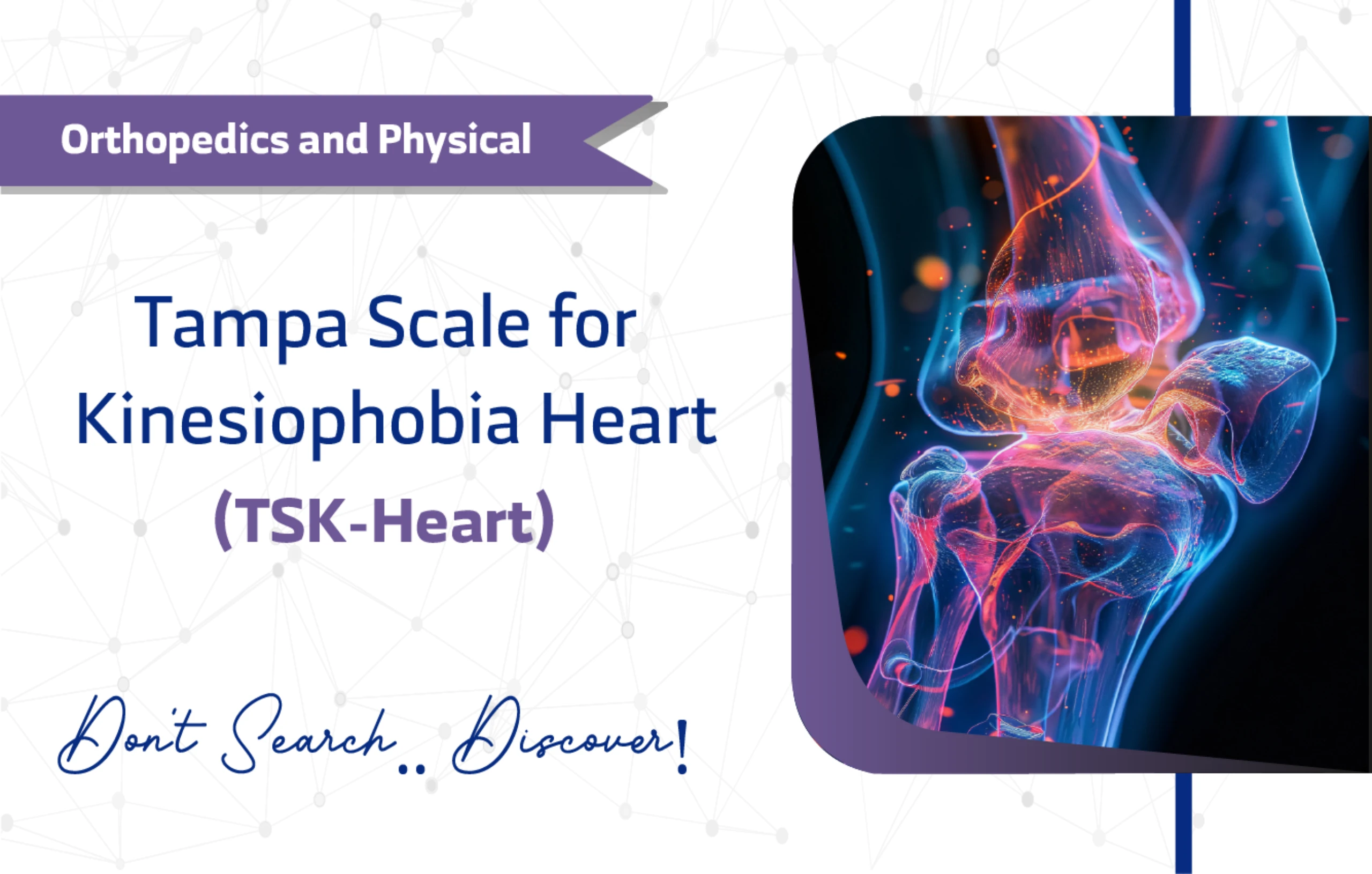

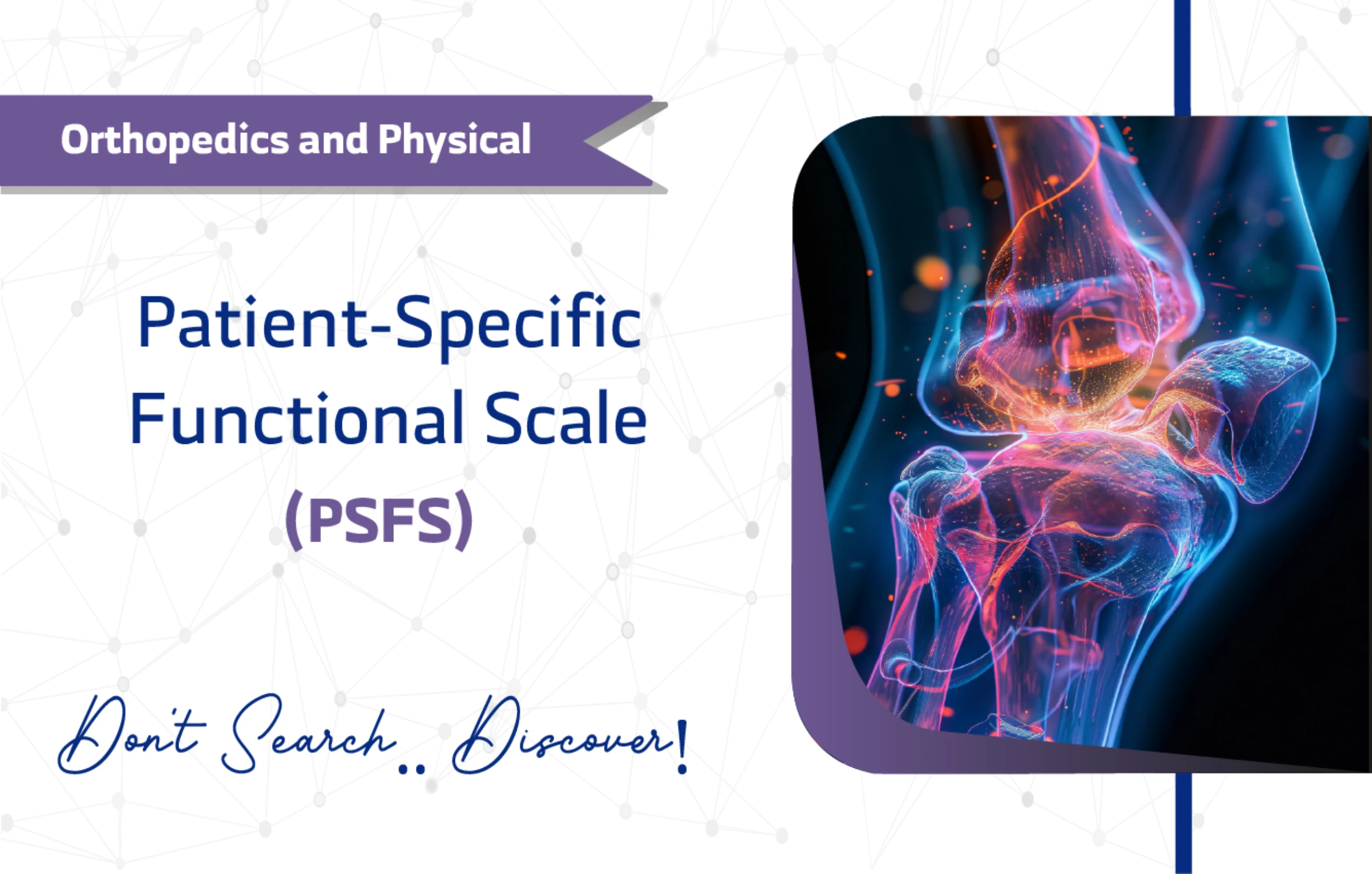
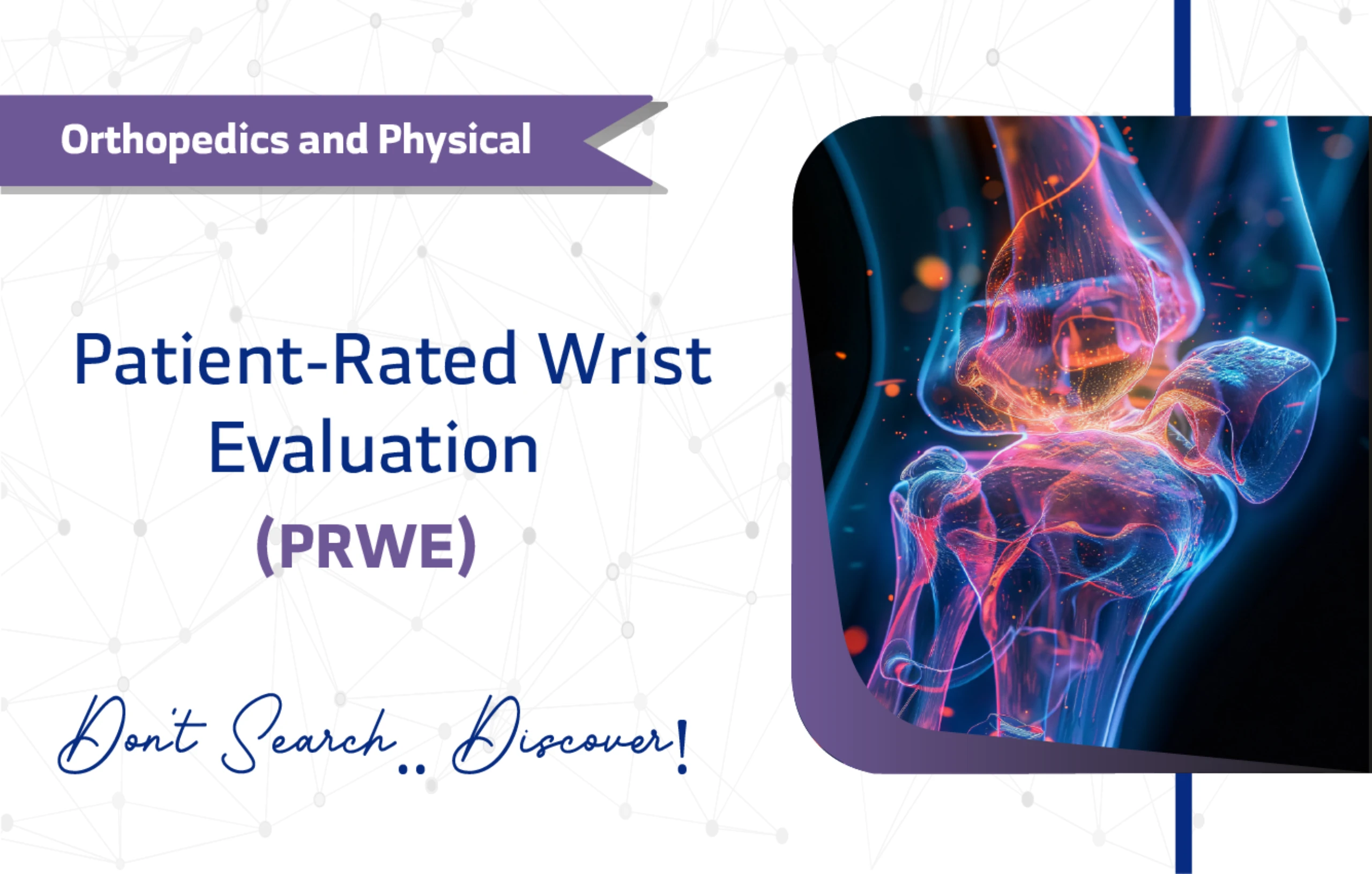
1 thought on “Symptom Checklist-90-Revised (SCL-90-R): A Comprehensive Guide”
Your point of view caught my eye and was very interesting. Thanks.